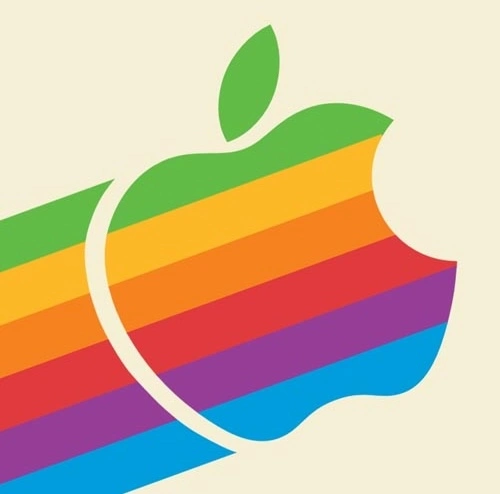“Do you realize what you’ve done? Now we’ll have to compete on merit!”
The only thing in the article where Apple seems remotely unhappy is they found some of the tests ambiguous and voluntarily lowered some of their scores by one level in case a third-party tests differently. So by their testing the battery life gets an A, but they’re labeling it as a B just to be safe. They might not like the labeling, but many of their flagship competitors aren’t going to be doing noticeably better than them on most of the metrics.
Hmmm? They seem pretty unhappy here
As Apple says, "a 7-inch, low-resolution tablet primarily used for reading is graded on the same scale as a professionally oriented, 13-inch tablet with performance rivaling laptop computers. "
Which is bollocks, efficiency is efficiency, you don’t say that it’s unfair to judge an SUV/pickup truck as more inefficient that a compact because they are more capable or ‘professionally oriented’. Which also is bollocks because Apple’s tablets are targeted to the mainstream and not just professionals.
I mean, we don’t find it unfair but it should be. It seems legit just because SUVs and pick-ups have been normalized as everyday cars, unfortunately. These labels should be useful for customers to decide between products: if I look for a tablet and iPad and Galaxy Pad are both in G range, I couldn’t care less for a Kindle with A efficiency. They are indeed different product categories.
But it’s not unfair, no more than saying an pick-up can carry more weight than a smaller, more efficient car. If you want the bigger carrying capacity you can still choose the pick-up (especially in an actual professional context where you might need the extra capacity) but you can’t say it’s more efficient.
I agree that on an objective, scientific and absolute level, you can compare them, but the usefulness for a customer of such a scale is zero. I want as much as a detailed scale on city-cars in order to discern the best among them, and the same for trucks. Expanding the scale too much looses the detail on the finer level.
Looks like this piece was baught and paid for by Apple… The EU is not going to use any specific brand’s methodology to compare criteria that they define themselves. If Apple doesn’t like it, they can sell their products elsewhere.
Regulations are almost always built together with the companies targeted by them, because the know how of some product categories is inside the industry.





